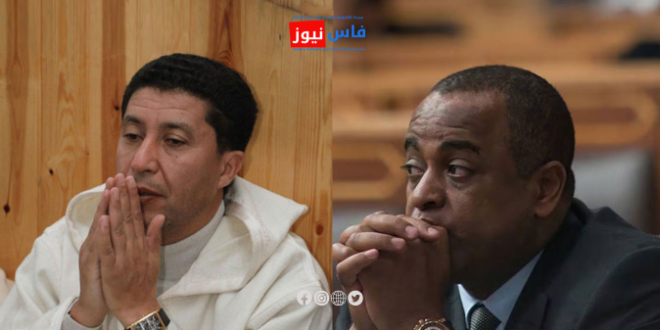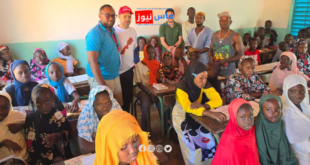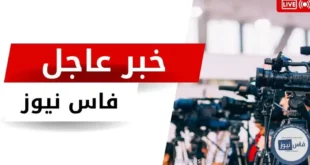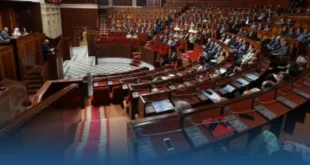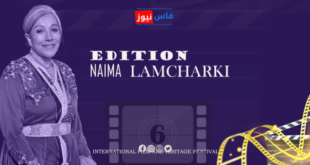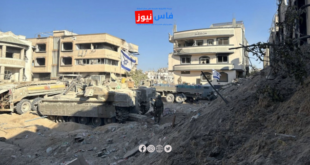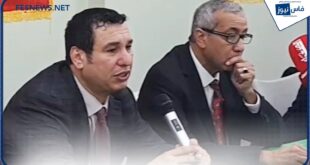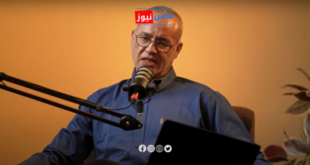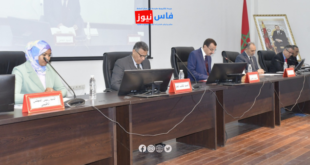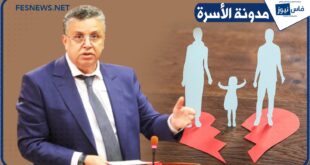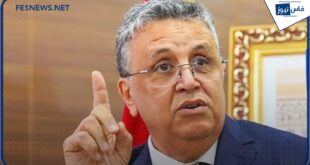The trial of the so-called “Sahara Escobar” at the Casablanca Court of Appeal witnessed an unexpected development on Tuesday, December 24, 2024, as the Deputy Attorney General announced his approval of the defense’s request to nullify the judicial police reports.
The “Sahara Escobar” case involves 28 defendants, including prominent figures from the Authenticity and Modernity Party (PAM), such as Said Naciri, former president of Wydad Athletic Club and the Casablanca Prefectural Council, and Abdenbi Bioui, former president of the Oriental Regional Council.
In an unexpected move, the Deputy Attorney General declared that he had no objection to the request to nullify the judicial police reports submitted by the defendants’ lawyers. However, he clarified that this nullification would not affect the court’s conviction in the case.
The Deputy Attorney General also rejected objections from Naciri and Bioui’s lawyers regarding the joining of complaints by Haj Ahmed Ben Brahim, nicknamed “Sahara Escobar,” and the request to cancel the minutes of a witness hearing conducted via Zoom, considering this practice not stipulated in the Criminal Procedure Code.
Furthermore, the Deputy Attorney General asked the court, presided over by Judge Ali Torchi, to dismiss all other formal objections, noting that most of them overlapped with preliminary requests on which the court had already made a decision.
The session witnessed a disagreement between Abdenbi Bioui’s lawyer, Mohammed El Hassani Krout, and the court president over the timing of the hearing, with the lawyer claiming he did not have enough time to present his case.
The court decided to adjourn the session until Friday, December 27, to continue the pleadings, while postponing the decision on the preliminary requests and formal defenses raised until Thursday.
These unexpected developments in the “Sahara Escobar” case have garnered significant attention, especially with the public prosecution’s agreement to nullify the judicial police reports, which may affect the course of the trial and raise questions about the evidence relied upon in the case.
 فاس نيوز ميديا جريدة الكترونية جهوية تعنى بشؤون و أخبار جهة فاس مكناس – متجددة على مدار الساعة
فاس نيوز ميديا جريدة الكترونية جهوية تعنى بشؤون و أخبار جهة فاس مكناس – متجددة على مدار الساعة

